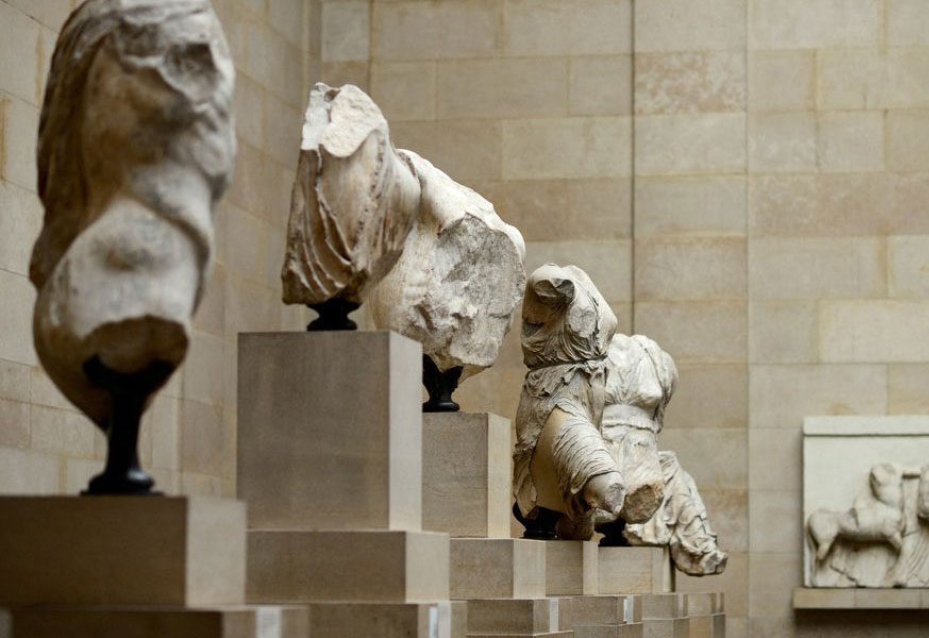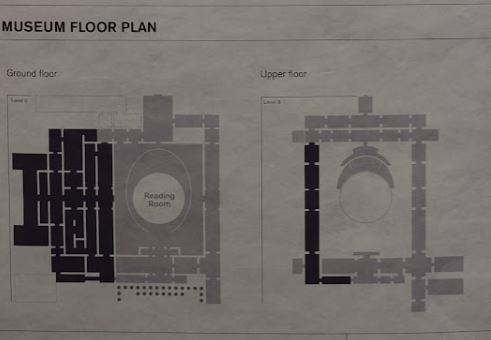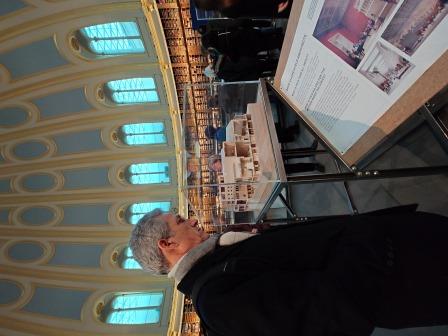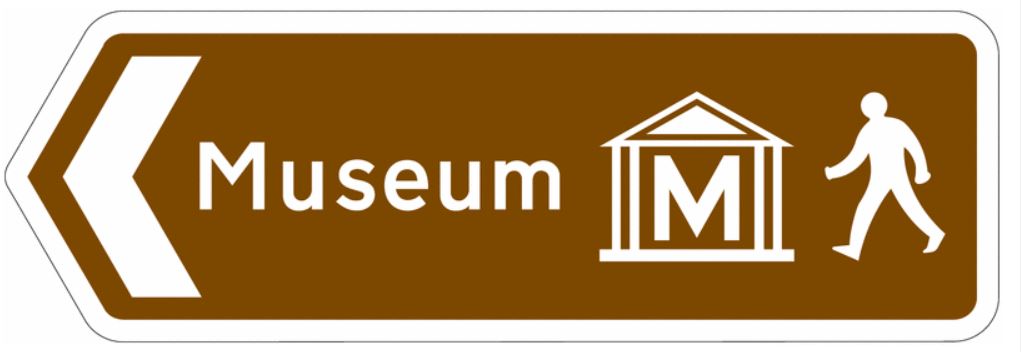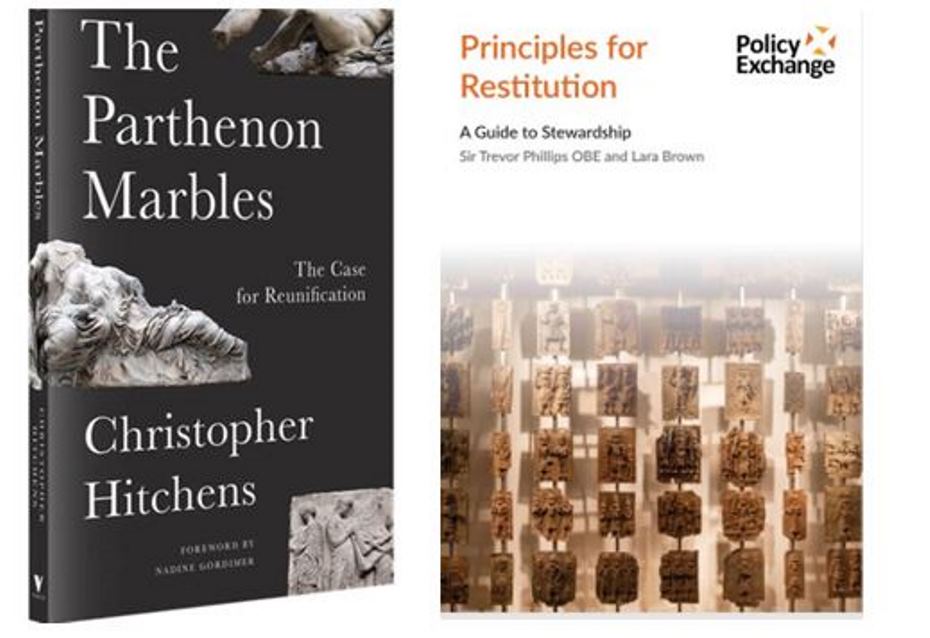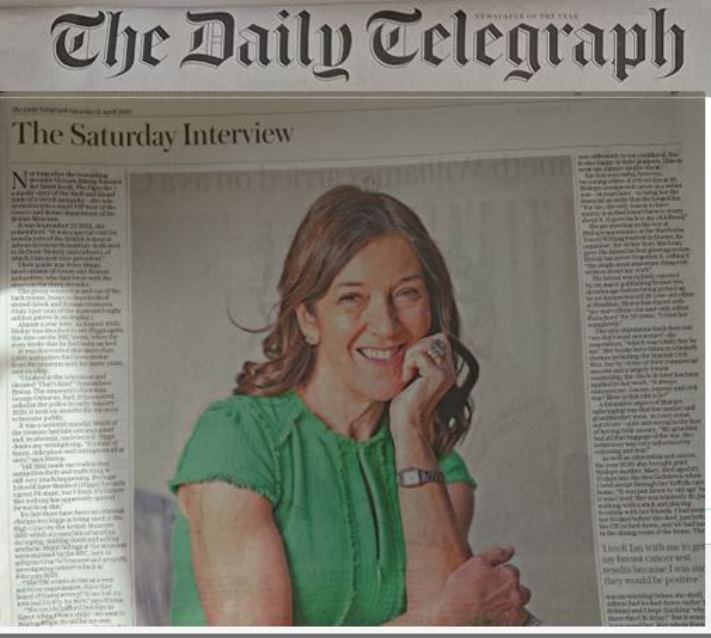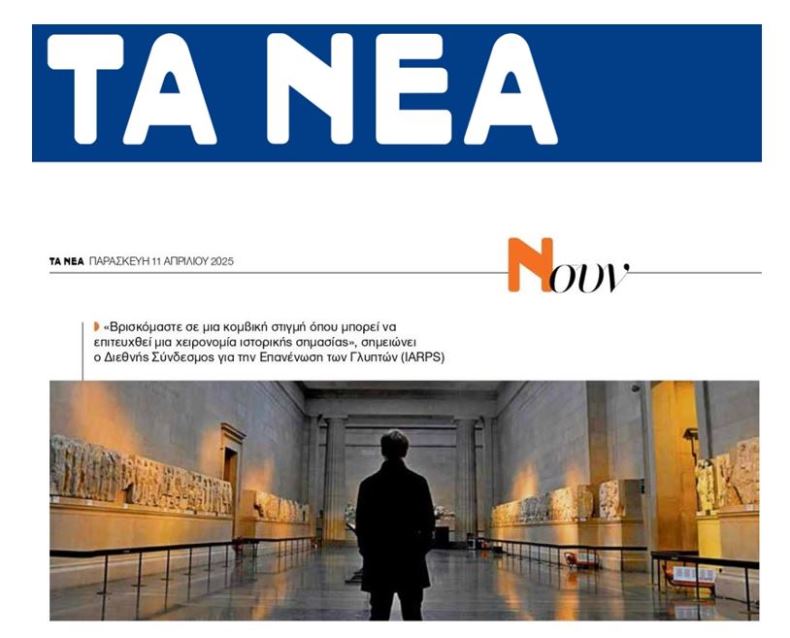David Abulafia in the Spector asks: Is the tide turning on restitution?
"When passions are aroused, all of us are liable to overstate our case. Dan Hicks, a curator at Oxford’s extraordinary Aladdin’s Cave of anthropology, the Pitt-Rivers Museum, is perhaps a case in point. A Swedish academic, Staffan Lunden, has convincingly argued that Hicks is guilty of ‘distortion’ when writing about the British raid on Benin in 1897, which brought several thousand objects, including finely wrought brass statuettes, to museums across the world. Hicks published his uncompromising views in 2020 in a prize-winning book, The Brutish Museums: The Benin Bronzes, Colonial Violence and Cultural Restitution. His opinions about the Benin bronzes – which have been instrumental in the restitution movement – are only part of his wider programme that would leave thousands of gaps in the cabinets of the world’s finest museums."
Calling the key texts of the pro-restitution movement into question is what Professor Abulafia continues to do in this article as he also highlights that "Historians, in a democratic society, do not exist to pass judgment, but to identify the truth."
From explaining the usefulness of the universal museum and lamenting the lack of more universal museums, Professor Abulafia arrives at the Parthenon Marbles.
"The Elgin Marbles may well be sent to Athens in a reverse exercise to that of the Horniman Museum: the British Museum would claim ownership, but they would be on permanent loan to the Acropolis Museum. And, we are told, the British Museum can, at great expense, make exact replicas out of the Pentelic marble from which they were carved, and put them on show in London – as if its millions of visitors prefer fakes to the objects lovingly carved by the hand of the greatest Athenian sculptors."
If the truth matters, we must also point out that it isn't millions that see the Parthenon Marbles in Room 18, albeit millions do visit the British Museum. Plus 'ownership' of these sculptures has been questioned for centuries, and to this day.
Then Professor Abulafia refences Tiffany Jenkins’s Keeping Their Marbles (2016) and Justin Jacobs’s Plunder? How Museums Got Their Treasures (2024) as the books that cast serious doubt on the argument that our museums are stuffed with loot.
Does that matter? Surely what matters is how objects are exhibited, the context and meaning they have for visitors and scholars.
In the last paragraph, Professor Abulafia writes: "Restitution is virtue-signalling of an irresponsible sort, threatening the integrity of great collections by pretending to apologise for past sins, often connected to empire building." To read the article in full, follow the link to the Spectator.
We'd like to add that restitution isn't just about giving artefact back it is also about expanding our understanding of the cultures of others. Already in the article Professor Abulafia acknowledges that the Horniman agreed to repatriate a number of Benin Bronzes and yet many have been left in that museum on loan. Cultural co-operation is alive and well, plus it also seeks to improve on what was the norm in the past.
Here's to truth, hope, empathy and understanding, not least restitution. There are artefacts whose county of origin have been asking for their return not to empty a museum but because they hold a specific significance and in the case of the sculptures, to the Parthenon, which still stands. Time to show our collective respect for this peerless collection of sculptures. Time to reunite them with their other halves in Athens.
p.s letter sent to from BCRPM the editor of the Spectator but not published:
“Historians, in a democratic society, do not exist to pass judgment, but to identify the truth” David Abulafia
We agree!
The British Museum holds 108,184 Greek artefacts, of which only 6,493 are even on display.
The first request for the return of the sculptures in the British Museum was made shortly after Greece’s independence in 1832 and continues. Greece is not asking for anything more than the Parthenon Marbles/Sculptures. Amongst the ‘Elgin Marbles’ in the British Museum there is more than what constitutes the pieces removed from the Parthenon and displayed in Room 18.
Half of the sculptures that survived Lord Elgin’s removal (when Greece had no voice) are today displayed the right way round in the Acropolis Museum, which opened in June 2009. The Parthenon Gallery in the Acropolis Museum is aligned with the Parthenon, which d can be seen through the glass panelled walls. This gallery is the one place on earth where it is possible to have a single and aesthetic experience simultaneously of the Parthenon and its sculptures. The Parthenon still stands and crowns the city of Athens despite millennia of history, which included many wars and plenty of destruction.
Cultural co-operation and understanding is the cornerstone of UNESCO’s ICPRCP decisions and recommendation. A bold, imaginative British Museum and UK government taking centre stage for preserving the world’s cultural heritage would make a magnanimous gesture to return these sculptures, part of a peerless collection that deserve our collective respect. In this case restitution is not ‘irresponsible virtue-signalling’, nor will it ‘threaten the integrity of great collections by pretending to apologise for past sins’. It is signalling that sometimes there is a right place to exhibit and curate for all of humanity to have better understanding. The British Museum will continue to tell its stories across many cultures including those of ancient Greece long after the reunification of the Parthenon Marbles. We continue to look forward to that special day.




